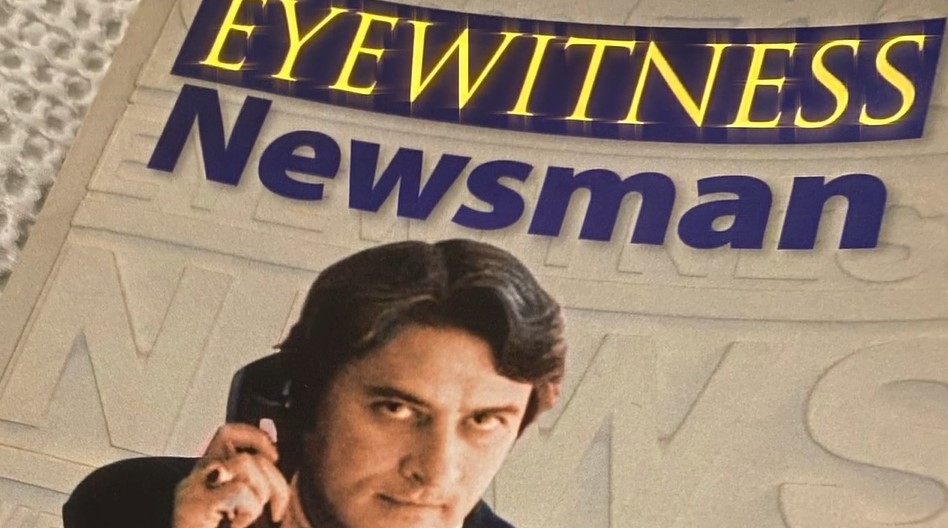 For many years the FCC’s TV license renewal application has required mainly yes-or-no answers about compliance throughout the license term with various FCC requirements. For the upcoming renewal cycle, the FCC has added a new certification question about non-discriminatory television advertising sales agreements.
For many years the FCC’s TV license renewal application has required mainly yes-or-no answers about compliance throughout the license term with various FCC requirements. For the upcoming renewal cycle, the FCC has added a new certification question about non-discriminatory television advertising sales agreements.
License Renewal Quiz Gets A Bit Tougher
For broadcast commercial TV the vacation from filing license renewal applications ends June 1 — the deadline for stations in Washington, D.C.; Maryland, Virginia and West Virginia to file for renewal on FCC Form 303-S.
That date also marks the start of a three-year cycle during which all commercial U.S. TV stations must file on a staggered basis by state (commercial radio licensees are on a similar schedule that began last year).
For many years the license renewal application has required mainly yes-or-no answers about compliance throughout the license term with various FCC requirements. For example, the application asked, and continues to ask, stations to indicate whether they complied with public inspection file and children’s television requirements at all times during the expiring license term. “No” answers require an exhibit explaining the noncompliance and steps taken to address it.
Last year for the first time the FCC added a new yes-or-no certification question about non-discriminatory television advertising sales agreements. Here’s the new question:
“Sect. IV Question 7: Non-Discriminatory Advertising Sales Agreements. Commercial licensee certifies that its advertising sales agreements do not discriminate on the basis of race or ethnicity and that such agreements held by the licensee contain nondiscrimination clauses. Noncommercial licensees should select ‘not applicable.’ ”
Normally renewal certifications must be for the full license term. In this case the period covered by the question is May 14, 2011 (when the new question took effect) to the date the renewal application is filed. In the future, the question will cover the full license term, as with other questions in the application.
A “yes” answer to the new question requires two things:
- That all the station’s ad sales agreements (with ad agencies, advertisers who buy time directly from the station, and all other commercial advertisers (not political candidates) who buy time) contain racial/ethnic nondiscrimination clauses.
- That the contracts do not in fact discriminate on racial or ethnic bases.
The spur for this question was the FCC’s admitted awareness, for more than 20 years, of “No urban/no Spanish” or similar clauses in advertising agreements and/or in actual practice. Specifically, the FCC cited “the insidious practices of imposing written or unwritten ‘no urban/no Spanish’ dictates. Discriminatory practices have no place in broadcasting.”
The FCC declined to prescribe the wording of the required anti-discriminatory contract clauses, leaving that to individual stations. Women may be included in addition to race and ethnicity. Stations are expected to have a “reasonable basis” for a “yes” answer to new Item 7. A “no” answer requires an exhibit explaining the individuals and matters involved and why the matter is not an impediment to grant of the license renewal application.
Broadcasters who become aware of a violation of their nondiscrimination clause are required to update their pending renewal applications so that they remain accurate. According to the FCC Enforcement Bureau in 2011, “a misrepresentation in an application filed with the commission could result in the initiation of license revocation proceedings” (note that though this statement referred to the new ad sales agreement nondiscrimination question, the Enforcement Bureau statement could apply to misrepresentation in any FCC context.)
This nondiscrimination requirement, unlike some others, has been upheld in court.
Other new features of the upcoming license renewal cycle include the requirement to file electronically; the FCC’s request that all stations update their contact information in its online CDBS (Commission Consolidated Database System), as the FCC will discontinue its past practice of mailing postcard reminders of renewal deadlines, and send only emails to the person named by the station as “contact person” in its CDBS profile.
Note also that non-receipt of a renewal reminder from the FCC does not excuse late filing and that the FCC has proposed requiring stations to place their entire public file, including renewal applications and the political file, on the Internet. A decision on that is expected on April 27.These may be the subject of future columns.
This column on TV law and regulation by Michael D. Berg, a veteran Washington communications lawyer and the principal in the Law Office of Michael D. Berg, appears periodically. He is also the co-author of FCC Lobbying: A Handbook of Insider Tips and Practical Advice. He can be reached at 1200 New Hampshire Ave., Suite 800, Washington, D.C. 20036-6802; [email protected]; or 202-776-2523. Read more of Berg’s Legal Memos here. Georgetown University Law Center legal intern James Kleier Jr. contributed to this article, [email protected].
Note: This column provides general guidance only and is not a substitute for individualized legal advice for particular situations.
























Comments (0)